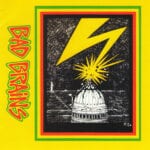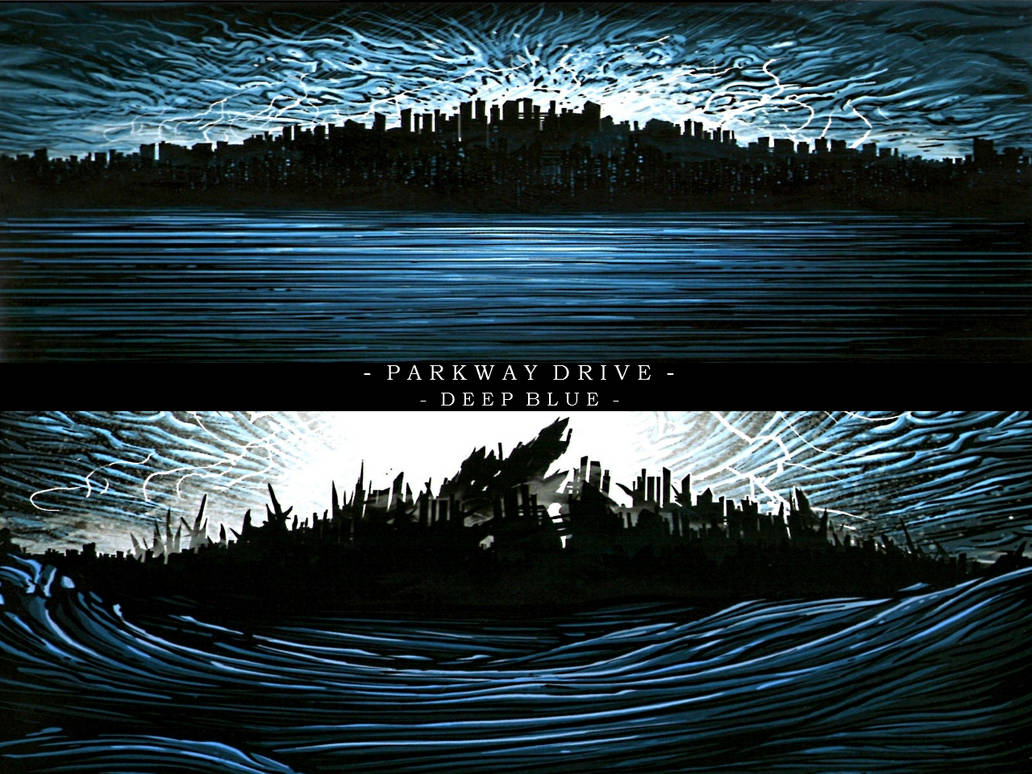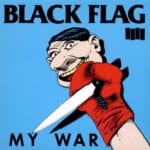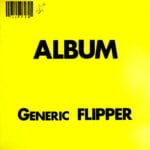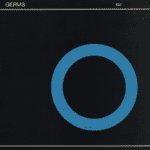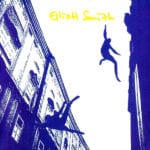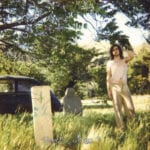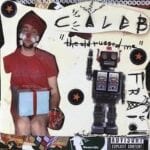CLASSIC REVIEW: THE GERMS- GI
BEST TRACKS: Communist Eyes, We Must Bleed, Manimal, Lexicon Devil, Richie Dagger’s Crime
By the time the Ramones had condensed rock and roll into its brattiest possible unit, punk’s death was already long set in motion. Though “punk rock’ was not a magical intervention by a sympathetic God tired of listening to Fleetwood Mac, the ultimate cultural amalgam that became the genre’s first (and arguably “purest”) wave burned incredibly hot and equally fast. And all by design, of course. So if one were to grab their leather studded microscope to set distinct barriers within punk’s seemingly never-ending canon, the Ramones’ first “1,2,3,4!”s at CBGB are finalized through the Darby Crash’s 1980 suicide. Through his band, the Germs, Crash brought punk’s ethos to the end of its first crescendo by making it harder, faster, and, most importantly, without any apparent control. Though the rise of hardcore punk following the Germ’s demise was faster and harder by technical standards, this was a controlled catharsis. In fact, the highly disciplined blasts of noise made famous through bands like Minor Threat, 7 Seconds, and Rollins-fronted Black Flag, were at least partially in response to punk’s initial reputation of being so decadently caked in debauchery. But whatever catharsis is found within the Germs is chaotic, almost accidental. As the logical conclusion to a genre founded on white-hot excess, they were possibly the most extreme practitioners of debauchery. Their sole studio album, “GI”, is an absolute mess of feedback-riddled guitars, frantic drumming, and incoherent snarls of anti-authority. It is every promise of punk rock fulfilled, and because of that “GI” is a horrifying record. By the time it’s thirty minutes are up, you realize that this is it. As Darby Crash burned out in a wild thrash against every perceived establishment, so did the first wave of punk rock.
Jan Paul Beahm was born in Venice, California in September 1958. Moving to West LA by the late 60s, Beahm’s troubled childhood was patterned with episodes like his brother’s drug overdose/murder, his mother’s frequent bouts with psychosis, and the abrupt death of his stepfather. An avid reader, Beahm was enrolled in Innovative Program School, an LA alternative high school which combined Erhard Seminars Training and Scientology. It was here that Beahm met Georg Ruthenburg, and the two frequently took LSD on campus. Fearing that the boy’s increasing novelty as spaced out cult-esque figures within the school was brainwashing other students, Beahm and Ruthenburg were kicked out of IPS before graduation. They decided to form an incredibly raw, amateur band in the vein of proto-punk acts like the Stooges or MC5 and began purposefully recruiting unskilled musicians for their chaotic project. Eventually settling on the name “Germs” (after others proved too long and therefore expensive to print on T-Shirts), Beahm and Ruthernburg became Bobby Pyn and Pat Smear, respectively. After being joined by bassist Lorna Doom and drummer Donna Rhia, the Germs recorded their first single, “Forming”, a minute and a half pounding, meandering expulsion in 1977. Soon after, Bobby Pyn was rechristened Darby Crash, and the Germs began their infamous circuit within LA’s burgeoning punk scene.
Crash, the clear frontman of the group, would spend shows loaded on booze, painkillers, and heroin while babbling his song’s lyrics seemingly everywhere but the microphone (which apparently had to be taped to his hand at one point). But it was punk; the Germs embodied a pure disorder that LA’s underground was craving by the late 70s. Live performances were often violent, with Crash frequently confronting members of the audience while stumbling about, rarely confident in his ability to stand. Eventually, the band’s notoriety blacklisted them from every club in the city, forcing them to perform under the moniker GI (Germs Incognito). And perhaps not coincidentally, this also was the name of their first/last studio album; a record which has now been bestowed a legendary status for fans of punk akin to “Never Mind the Bollocks” or “Damaged”. For an LA who had only witnessed the germs through their increasingly messy live performances, 1979’s GI was a moment of clarity that forced every listener to sit back for a second and think “holy shit these guys are actually talented musicians”. Smear was finally given a stasis upon which he could clearly show off his incredibly tight and fluid guitar playing, while Crash’s songs could actually be consumed as, well, songs. But what was most surprising were Crash’s lyrics which, up until the recording of GI, were largely impossible to comprehend through hectic live shows. Under his dyed hair, broken teeth, and skin often sliced by glass on stage, he was a poet obsessed with his own inevitable destruction. At once, it became clear that Darby Crash knew he was the final fetid breath escaping his movement; he knew his anarchy was destined to end soon. And it did. After GI’s recording, the Germs found it even harder to perform live within the city, as the LAPD would often come to violently disband crowds which they saw on the edge of a riot. Crash appeared to know the Germs were not sustainable, becoming increasingly removed from the band before purposefully administering himself a fatal dose of heroin December 7, 1980. LA’s most notorious punk band was over. Don Bolles, the band’s final drummer, went on to join a handful of other LA punk bands while Pat Smear eventually joined Nirvana, as a touring guitarist, and the Foo Fighters, as a full-time member.
Musically, it can be hard to differentiate between every track on GI. Within each two-minute snot-fest one will find a crispy guitar, loose and pounding drums, and a Darby crash snarl (of course!). But the third, fourth, or maybe fifth time scratching your head while attempting to consume this spoiled rotten album will elucidate a surprising amount of depth. For instance, “Manimal” opens with a simple yet devastating Smear riff which sounds akin to early Black Sabbath, demanding attention while Doom’s fat, rounded bass acts as an anchor before dissolving into Crash’s fiery yelps. “Manimal” also contains Crash’s most explicit recognition of his otherness and ultimate destiny outside of civilization with “I came into this world/Like a puzzled panther, waiting to be caged/but something stood in the way, I was never quite tamed”. “Lexicon Devil”, the groups most well-known song, is revamped with a new penchant for barreling speed, with a four-chord, percussive guitar lead doubling Crash’s cultish growls which entice the listener to surrender to the Germs and all of their promised damage in lines like I’m a lexicon devil with a battered brain And I’m lookin’ for a future, the world’s my aim
So gimme, gimme your hands, gimme, gimme your minds”. “Richie Dagger’s Crime”, probably more playful than any other track, is shockingly optimistic. Smear’s crunchy, aggressively uncompressed blues leads weave between Crash’s sputtered autobiography of a boy who exists purely to rebel against every person he meets. “We Must Bleed” is the Germs’ most concentrated display of their inherent bend towards deconstruction, is a simple four-chord descent into nothingness which holds both the beginning and end of the Germs within it. The song goes longer than its peers, though Bolles drums become quickly resigned to a tribal thump which Crash spouts “We Must Bleed” over and over again. As it thuds on, the song destroys everything around it, and when even the air begins to fall around Darby Crash he begins to bellow “I want out now!” as his band becomes looser and rattles into oblivion. Crash runs out of things to destroy, and in the terror that follows he realizes that the only thing left to fall is his own body.
The Germs existed for only five years. But in their attempts to become the most vicious and unhinged bands in Los Angeles they cemented a legacy as the final, and brightest, flame of 1970s rock music. After a culmination of disenfranchisement, drugs, and snottiness birthed punk in New York, a trajectory was set that could have only ended with the Germs. And through GI, the germs have left a permanent record upon a movement which was dangerously close to only witnessing them in their brief shenanigans while still on this Earth. In my opinion, Darby Crash is the unheralded king of the punks, and GI is the contract which bestowed his domain.
-Cliff Jenkins


